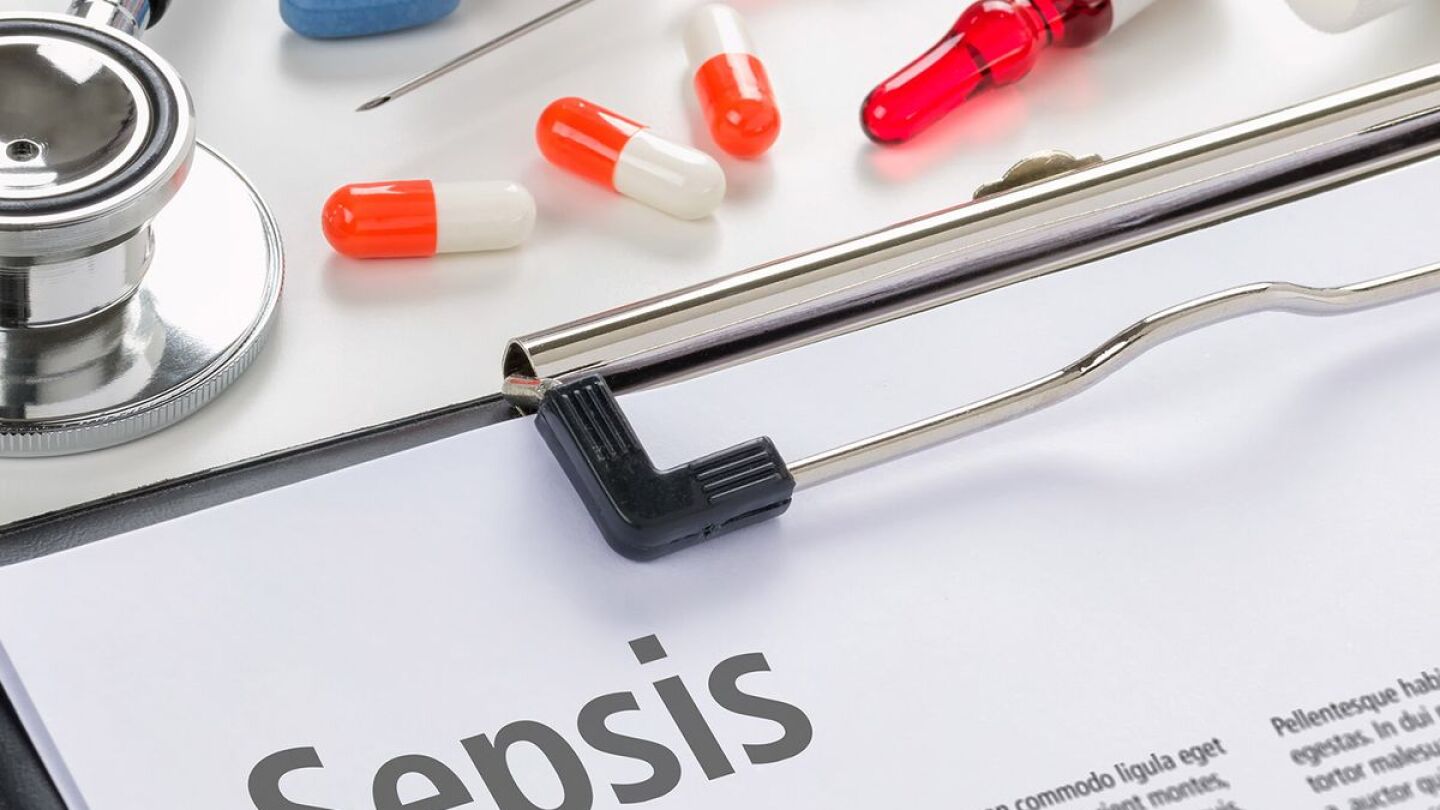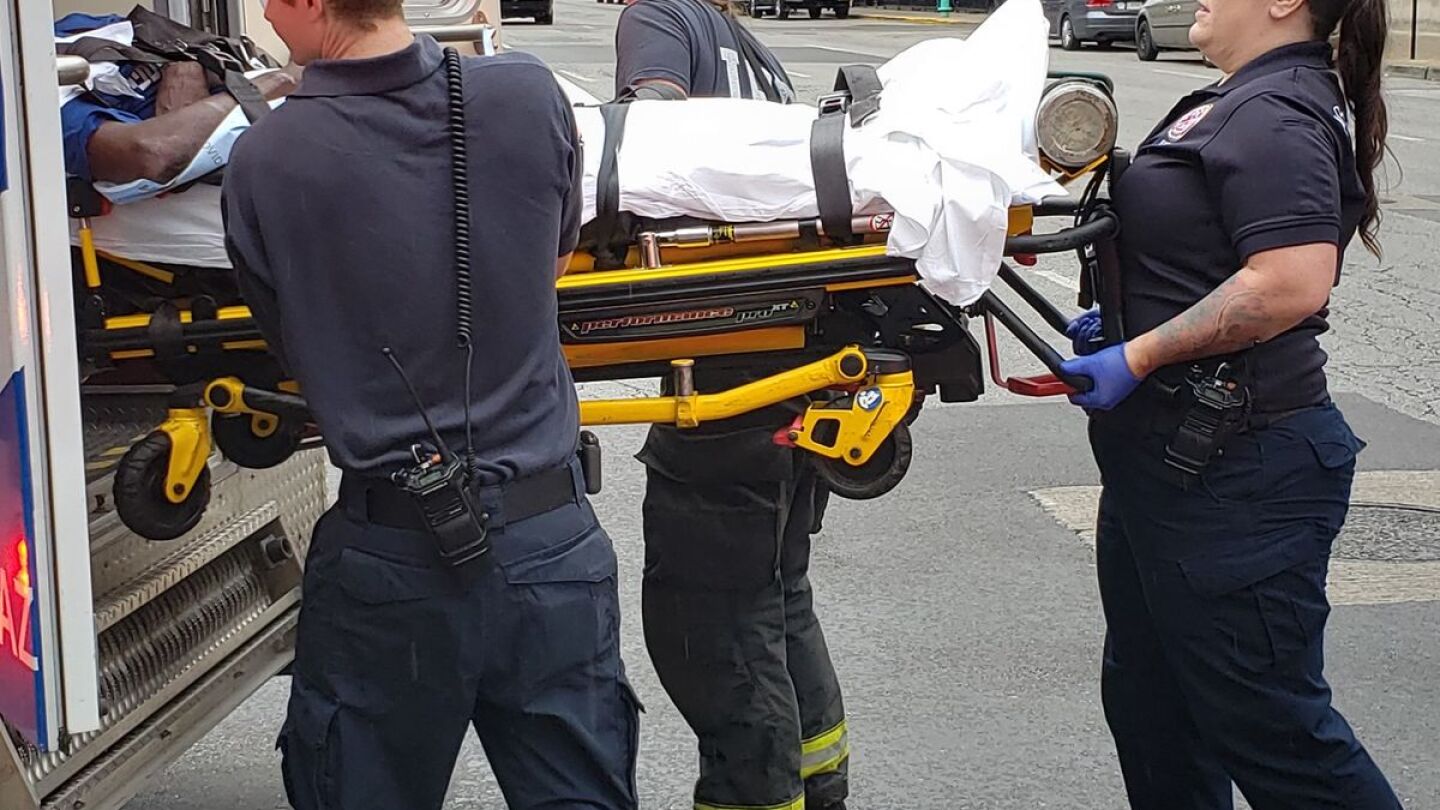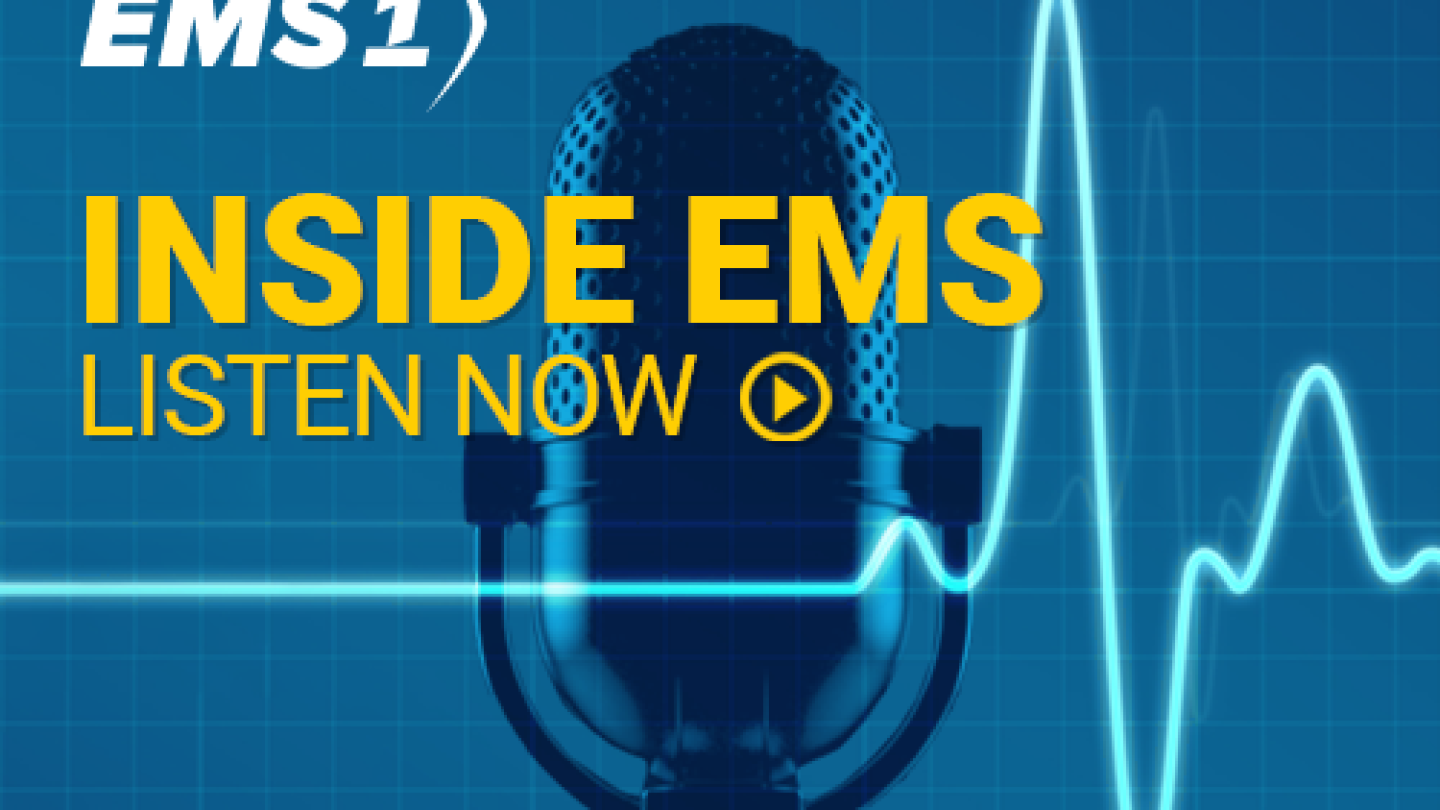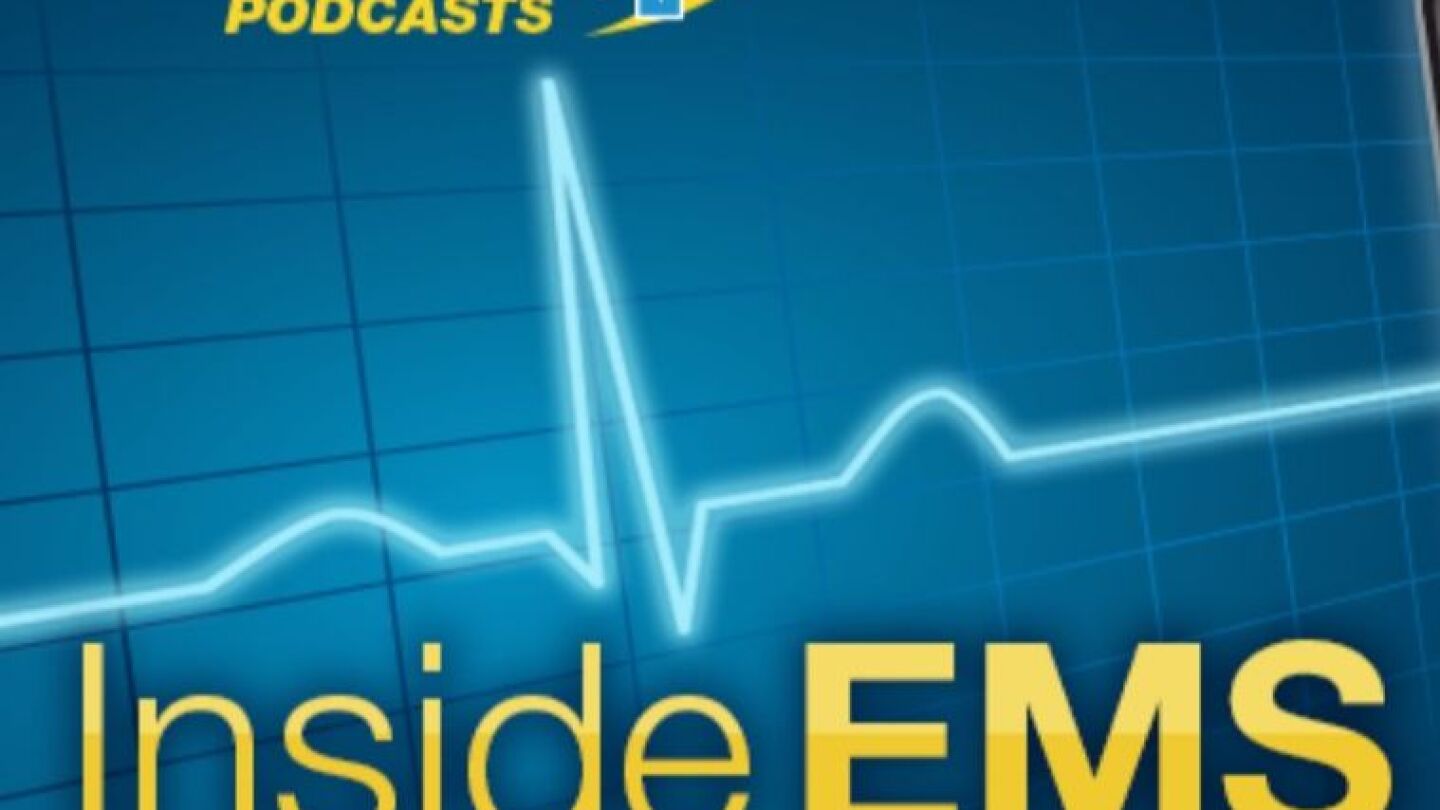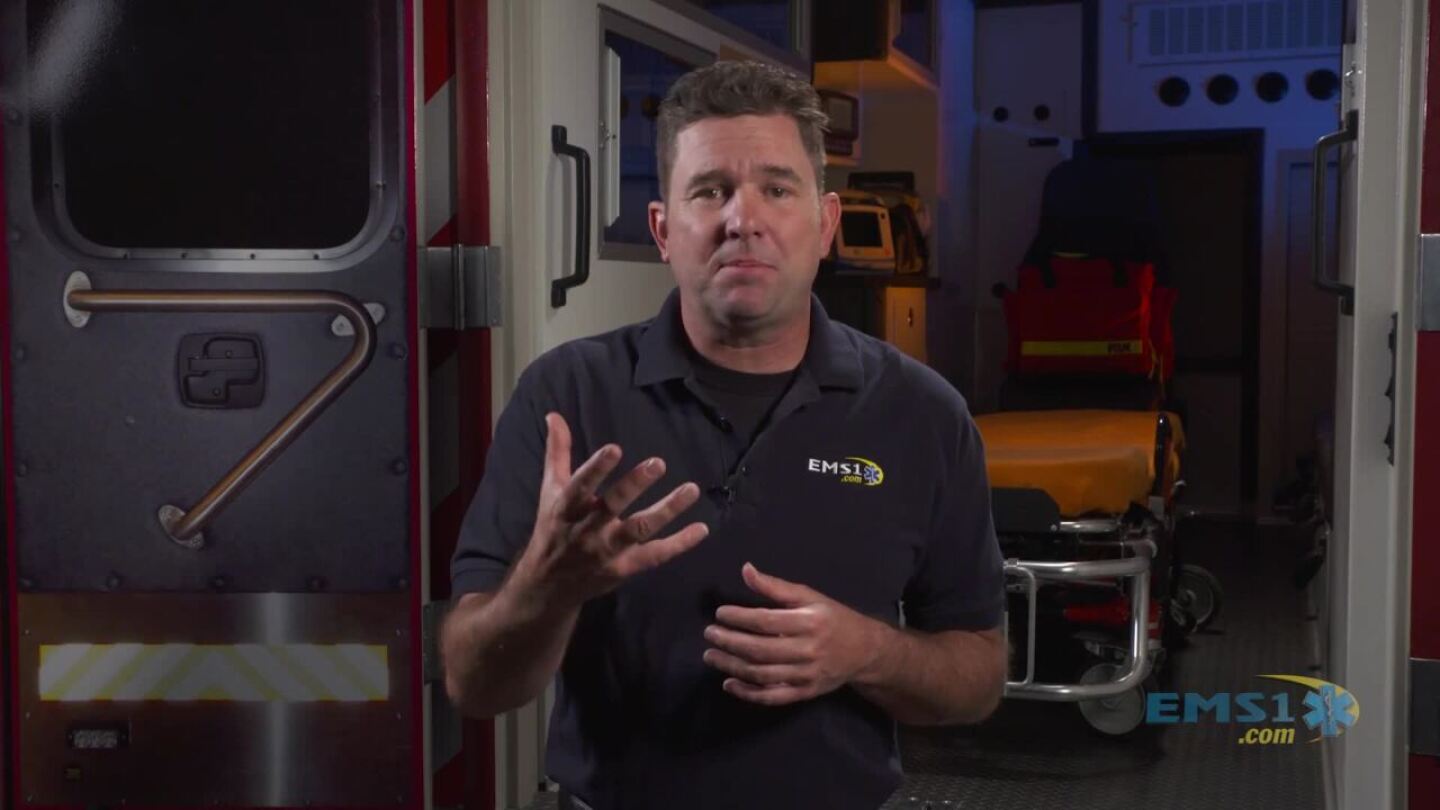Sepsis
In some cases, our medical monitoring equipment alert is the precursor to a rapidly deteriorating patient who appears normal
Design your training scenario to include increasingly complicated sepsis symptoms to test EMS providers’ differential diagnosis skills
In this episode learn the 5 diagnoses for altered mental status that can kill your patient emergently
The Westford Fire Department has expanded its capabilities, allowing paramedics to provide early antibiotic treatment to patients with suspected septic shock
The 2025 Sepsis Alliance survey shows rising awareness but stark gaps by race, age, income and education
Why your next “general malaise” call could be a ticking time bomb
Warning signs and a checklist for evaluating patients after a lift assist
A new protocol allows Hawkins County EMS to administer Zosyn to sepsis patients, aiming to improve outcomes in a county where sepsis made up a quarter of EMS calls last year
Capnography and ETCO2 monitoring are critical for assessing ventilation, confirming airway placement and guiding resuscitation
Day 1 of the Wisconsin EMS Association conference featured sessions on sepsis, electrolyte imbalances, facial trauma and traumatic amputations
Follow these EMS tips to measure mean arterial pressure, monitor sepsis, rule out DKA and ensure high-quality CPR
Our Lady of Lourdes Regional Medical Center is using IntelliSep for rapid blood sample testing
As the population ages and healthcare needs surge, EMS is evolving beyond emergencies to provide critical support through body cavity access devices and expanded care procedures
Update your understanding of the role of antibiotics, fluid administration and coordination of clinical care
Use this guide to determine when to activate air EMS and transport to a level 1 burn center
Conquer stressful calls, identify treatment challenges and pitfalls, and use technology to its best potential to save lives this summer and beyond
Researchers, clinicians at UC San Diego Health used “COMPOSER” with over 100,000 digital records of sepsis patients, to calculate a lower mortality rate
Montgomery County Hospital District shares their findings trialing carotid ultrasound during CPR to enhance cardiac arrest response
Debunking unsound research and increasing hospital collaboration to improve outcomes
Real-world, practical methods for identification, assessment and field treatment of life-threatening sepsis
Providers are able to choose from 45 different training simulations; the most requested topic is sepsis, the unit’s executive director said
In this episode of Inside EMS, our co-hosts discuss an article by Jonathan Lee about prehospital vasopressors and their increasing use in EMS
Know the difference between septic shock and cardiogenic shock and how to treat both in the field
EMS providers have a key role in initial emergency care for pediatric patients with sepsis
In this episode, our co-hosts welcome Medtronic’s Holly Stewart, who explains the history of capnography and offers insight into its use for DKA and sepsis monitoring
In the coming years, EMS will be engaged in even more efforts to triage patients in the field to route them to the most appropriate hospitals
In 20-25% of cases, stroke symptoms and signs represent a stroke mimic, such as hypoglycemia, epilepsy, multiple sclerosis or infection



